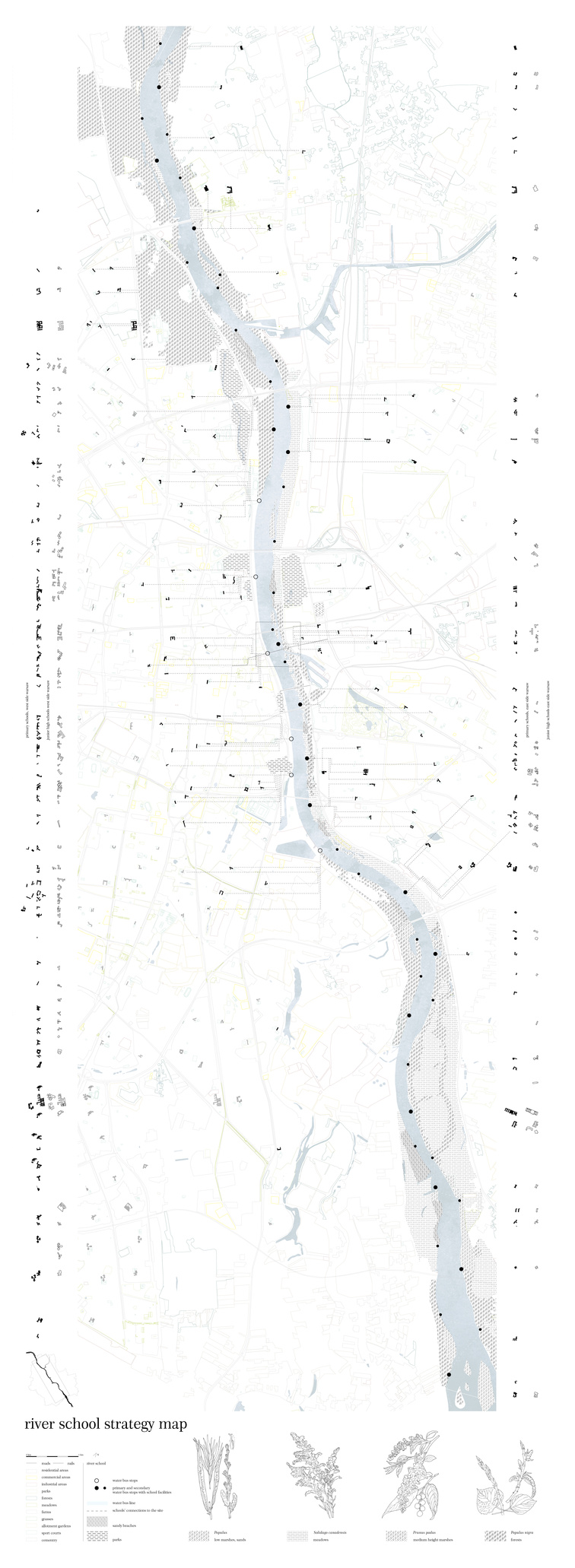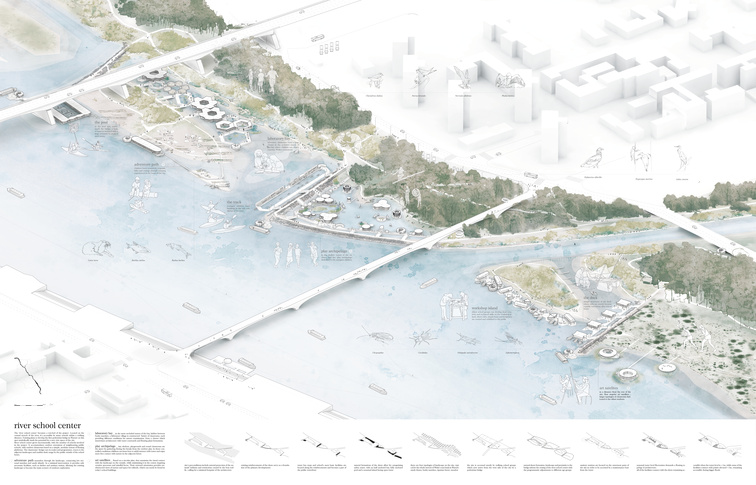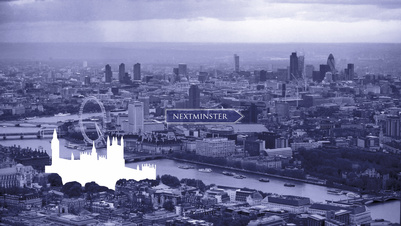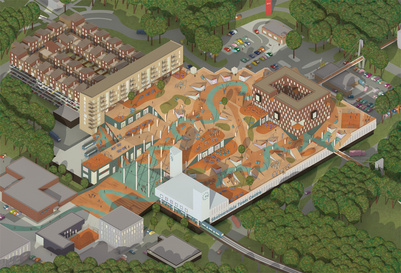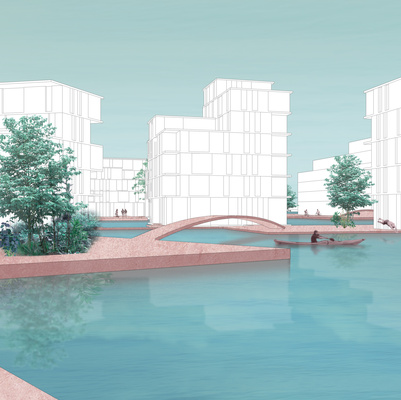Learning Current

By the 2050 40% of working population is predicted to face digital unemployment while the climate worldwide will continue to change leaving millions of species to extinction. This uncertain and challenging future urges pedagogues, philosophers and governments to rethink what, how and where is being taught to the youngest generations today.
In 2016 polish government initiated an education reform which, while using the public budget on administrative reorganisation, failed to reflect on these modern challenges of education. Primary schools and junior high schools were merged into a ‘common school’ through a costly process justified by the authorities with a need for more administrative efficiency in the coming decades of a population decline.
‘Learning current’ draws a vision for an alternative reform, using the city of Warsaw as the case study. It questions the pre assumption that learning has to happen in the fixed and rigid environment of today’s schools. Reacting to the increasing disconnection of the youngest urban generation from the natural, physical world, it proposes to reorientate school environments to support learning through experience.
‘River school strategy’ introduces elements of outdoor education theory into the school curriculum and explores the possible societal and spatial consequences of this change. It proposes an expansion of the schools’ territories by connecting them with nature areas of the city, focusing on the unique site of the Wisła riverbank.
Through facilitating different ways of interaction with the river, school communities are provided with an opportunity to witness the fluctuation of natural landscapes, to learn about the complexity of ecosystems and to get freed and inspired by the pure beauty of the natural site.
As a result of the strategy, Warsaw can gain public schools which go beyond their walls, to raise a new generation of less standardised, yet more creative and environmentally sensitive people.

